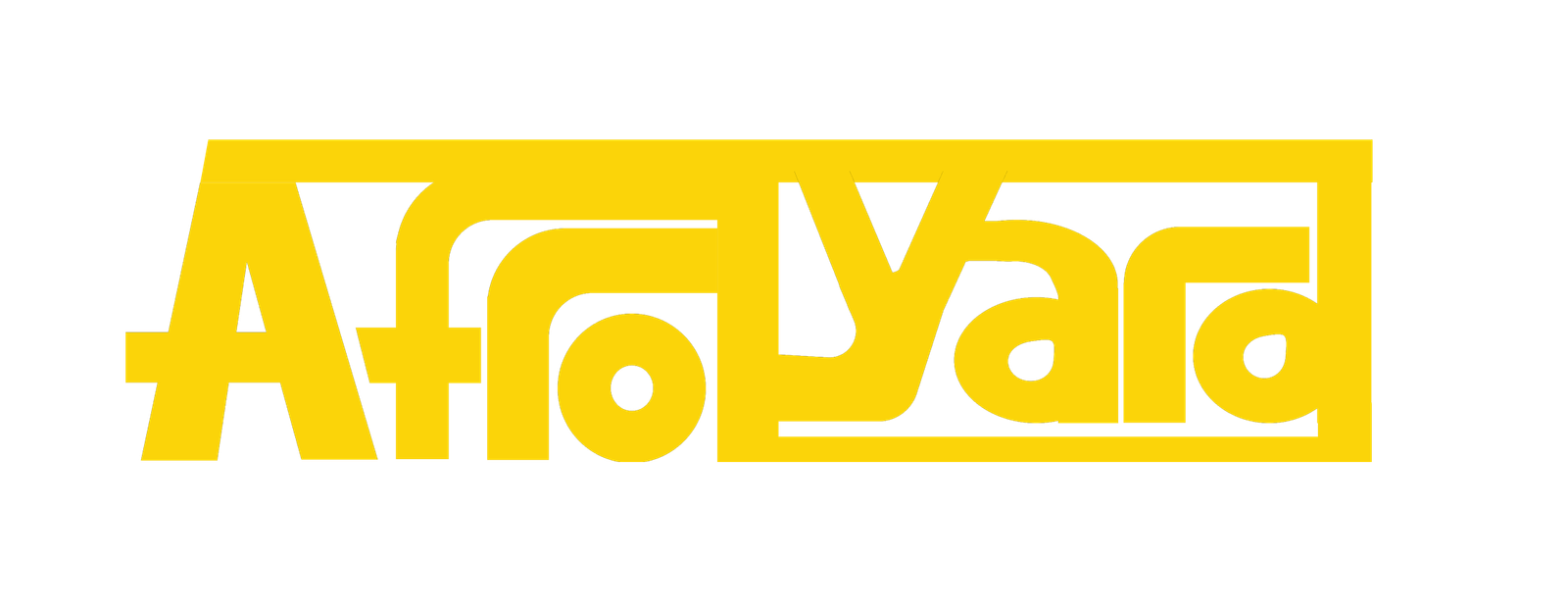Despite their ancient roots, tattoos worn by women in Morocco are still largely seen as taboo. An exhibition at the French Institute in Casablanca is exploring the issue.
Portraying Moroccan women with tattoos, the “Wise Women” exhibition displays 12 screen printed profiles – created by Aïda- a Moroccan tattoo artist living in France.
The exhibition celebrates the tradition of tattooing while shedding light on the challenges women face in a society where tattoos are still largely seen as taboo.

“The general idea of the exhibition is to pay homage to all these women, these women who are either the mothers, the grandmothers of many Moroccans and who have precisely influenced the childhood of these Moroccans and who have specific characteristics by their customs and traditions”, says Gaëtan Pellan, Director of the French Institute in Casablanca.
Ancient traditions
For centuries in Morocco, tattoos were common among the Berber peoples for both men and women.
Some depicted war or chivalry. There were expressions of nature, and also drawings that showed women were ready for marriage.
But around the 1970’s, attitudes in Morocco towards tattooing began to change. Today, despite a re-emergence of the art, it is still frowned upon by many – especially if the tattoo is on a woman.
The French Institute’s exhibition serves as a platform to break through societal norms and foster a sense of pride in embracing this ancient form of self-expression.
“It remains taboo, why? I don’t know, it’s true that it’s a tradition here which is circular, so in certain regions we still see women with tattoos, but in any case when we see the result of this exhibition, we can also admire the quality of these marks (tattoos),” says Pellan.
Slow modernisation
In a tattoo studio in Rabat, Nabil Ammoura is using a digital platform to craft intricate designs.
Ammoura started working as a tattooist two years ago in France, before moving to Rabat six months ago to set up his studio.
The artist says he is able to see that society is slowly changing.
“If we go back 10 years, we find that the tattoo was almost only for men in Morocco, because women’s parents always did not let them have tattoos, especially as the places where they could have a tattoo were bad places with a bad reputation,” he says.
“There were no big studios like today with a good reputation where parents can go with their daughters to see what they are going to do, now everything is developed and we see clients 50% men and 50 % women.”
One of his clients is Zineb Achraka, a Moroccan who has also lived in France and Italy. She had her first tattoo three years ago – on her hand that reads “Never Give Up.”
Achraka says her parents have no issue with her tattoos, but she recalls occasions when she has been admonished for having them.
“Once, it wasn’t long ago, I encountered someone who, when he saw the tattoo on my hand, he said to me, “What is that? Is that Amazigh writing? Why do you do that? In the past our families had tattoos but now you shouldn’t do it, this is forbidden and you are cursed.”,” says Achraka. “So, I let him speak, because everyone has their own body and everyone is free to do what they want on their body.”
Self-empowerment
For Achrak, tattoos are an expression of freedom and a way of self-empowerment.
“I went through difficult situations in my life, but I feel that despite that I was strong and I fought a lot, that’s why I had this tattoo called “Laguerta”, the tattoos that I have on my back or on my belly are like “Never Give Up”, “Unstoppable”…I chose them so that when someone sees it, they will know that this woman has big power, it expresses the strength and rebellion of my personality,” she says.
Ammoura’s role as a tattoo artist is also to act as a guide to his clients, reminding them of the importance of their design choice and that tattoos are a permanent addition to the body.
“More than 40% of clients bring their design idea, but when we meet and talk, sometimes I change the idea of the client, especially when some clients choose a design like a hateful speech or a symbol that offends a particular sect or a group of people, in this case I try to avoid it, so they do not regret it later.”
There are no exact figures on the number of tattoo studios in Morocco, but according to Ammoura there are at least 10 studios in Rabat. They are most common in big cities such as Rabat, Casablanca, Marrakech and Tangier.







